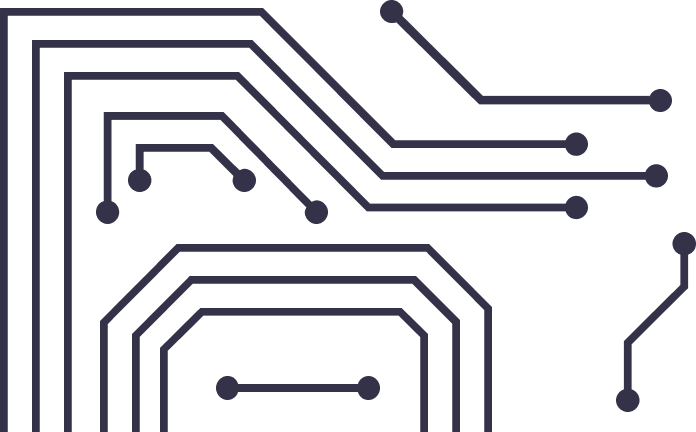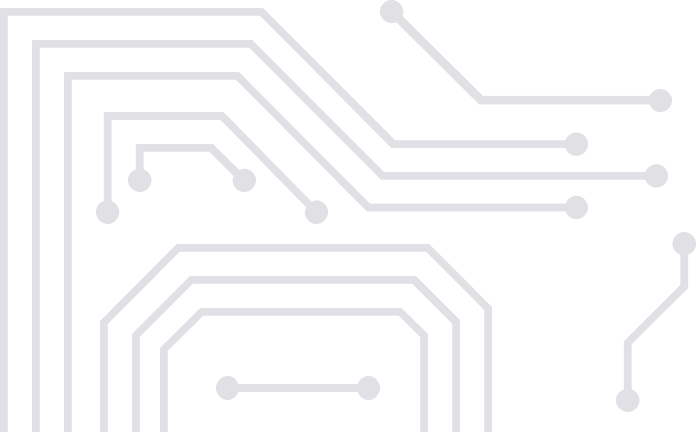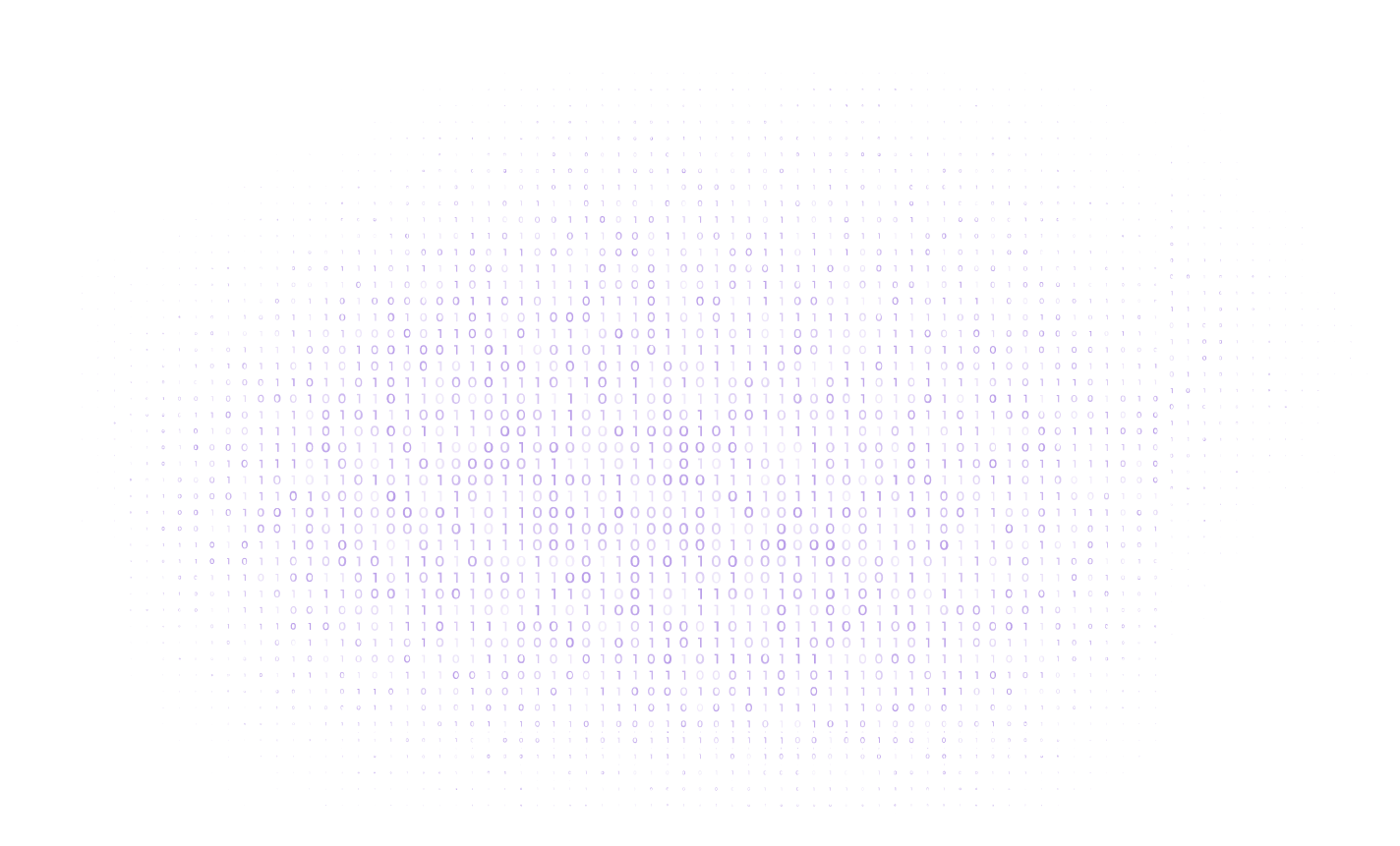How Worth Is Confidential Information?

Privacy and confidential information are a big issue in the camcorder world. But not only video cameras are watching you. When you go through the checkout at the supermarket, paying with your credit card, you give your details to a lot of people. This, for example, reveals your shopping habits and also allows you to track your interests. Based on this, stores offer you individual discounts. For some consumers, this is convenient. And others worry about the loss of privacy in this case.
How to properly manage confidential information?
So who is right and how important is privacy today? It’s worth considering that things like the Internet, GPS, and satellites are already putting our privacy at risk. But one thing is for sure: there are good guys and bad guys. The latter will use your confidential information for harm. And it is from them that you should protect yourself. For example, such bad guys can act through social media, and use various fraudulent tricks.
What is confidential information?
First, you need to understand what private data is. And why is it so scary to lose privacy? If you value your data, you will certainly take a lot of measures to protect it. This is especially true for data protection on the Internet. There are many types of information that can be collected both legally and illegally. Here are the main types of data that scammers prey on:
1️⃣ numbers of bank accounts;
2️⃣ full legal names;
3️⃣ dates of birth;
4️⃣ insurance numbers;
5️⃣ credit card numbers.
This personal data is lost whenever you knowingly transfer it to another person or company. In addition, scammers often steal your data. For example, privacy leaks are as follows:
1️⃣ Identity theft. In this case, the scammer gets access to very personal information, insurance number, bank account number, addresses, phone numbers, and date of birth. Thus, scammers can use your data for illegal purposes, steal your money from your accounts, etc. By far, this is one of the most unpleasant and heinous types of theft of confidential information.
2️⃣ Information leaks. Today we use different techniques to work with information: these are personal computers, smartphones, laptops and other devices with Internet access. On the Internet, we process, store and exchange information. Therefore, this data is vulnerable. Fraudsters hunt your devices with the help of spyware, bots and botnets. As a result, hackers can gain access to your email, personal correspondence, as well as social media. From there you can get a lot of information about the user, and hackers will use this data to your detriment.
When do we share confidential data of our own accord?
Sometimes you can share your confidential information of your own accord. How does this happen? Here are a few ways in which you would normally do this:
1️⃣ Registration in incentive programs. Surely, you often encountered a situation when, when purchasing on the site, you were asked to subscribe to news or share your email to receive a discount. You may also be asked for your date of birth or phone number. When this seemingly innocuous data is combined with a purchase tracking system, it can tell the seller about your personal preferences.
2️⃣ Enrollment in fast travel programs on toll roads. This is well known to drivers. The data you provide in this case is often used by government agencies to track you.
3️⃣ Subscription to services. From cable TV to a visit to the dentist, in every activity today, you share personal data in one way or another. In addition, you may be prompted to subscribe to certain channels, leave your email for great deals, etc.
Losing privacy is a problem?
It’s true: privacy is a big issue today because it’s impossible to have complete control over our personal information. So, we leave our data in scientific institutions, hospitals, at work, in a cafe, a store, etc. Each time, we must provide certain data to receive certain services, wages, take sick leave and much more. It would seem that this does not mean anything dangerous. In most cases, our sensitive information, which is collected by legitimate companies and government agencies, is well protected. However, even in this case, we are not immune from scammers.
How do protect confidential information?
Of course, as we have said, it is unlikely that we can protect our personal data 100%. However, there are still steps you can take to take care of your data:
1️⃣ Provide your private data only to known, legal and trusted persons;
2️⃣ Never reveal confidential information over the phone to suspicious people;
3️⃣ Do not share personal information via email;
4️⃣ Do not give credit card numbers to anyone (use only secure official online sites for payment);
5️⃣ Use of an identity theft protection service, spyware and other malware.
Summary: Confidential information has a high value in the world of cybersecurity. This type of information, which includes things like personal data, trade secrets, and intellectual property, can be valuable to both legitimate businesses and malicious actors. Protecting confidential information is crucial for organizations, as the loss or misuse of this information can have serious consequences. These can include financial losses, damage to reputation, and legal liabilities. In order to protect confidential information, organizations must implement strong security measures, such as encryption, access controls, and employee training. Additionally, it is important for organizations to regularly review and update their security practices in order to stay ahead of evolving threats.
#сybersecurity #identitytheft #privacy #confidentialinformation










